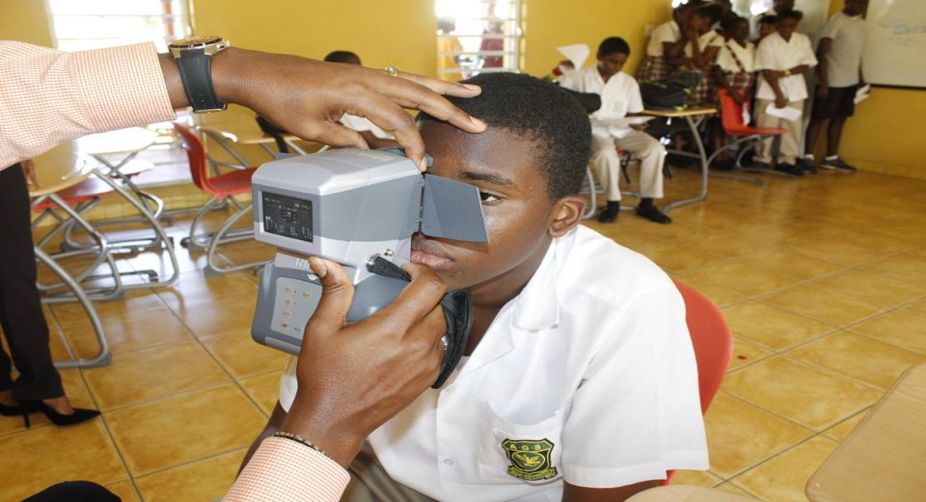Eyebetes Foundation leads vision-saving drive at Maha Kumbh 2025
Led by Dr. Nishant Kumar, the initiative offers tests, prescription glasses, and awareness to combat diabetes-induced blindness. Details inside.

Representational image (Photo: Facebook)
Researchers from the University of Missouri School of Medicine has come out with a new test to check eye pressure to prevent possible vision loss.
The most common complication from cataract surgery is high eye pressure, which can cause swelling and other issues that can lead to vision loss or even blindness.
Advertisement
“The current standard of care following cataract surgery is to refill the eye with a saline solution and tap on the eye with a Q-tip to observe if it is too firm, too soft or just right,” said John Jarstad, Associate Professor at the University of Missouri School of Medicine in a statement.
Advertisement
“This Goldilocks-style guesstimate often is inaccurate, and patients might actually have higher eye fluid pressure than the surgeon believes. We use a device known as a tonometer to accurately gauge eye pressure,” Jarstad added.
An electronic eye pressure monitoring device known as a tonometer often is used in a clinical setting to determine eye pressure, but the device rarely is used in a surgical setting.
The researchers studied 170 patients who had eye pressure adjusted after cataract surgery with a tonometer and found that patients were 2.5 to 4 times less likely to develop cystoid macular edema — cyst-like pockets of fluid in the macula of the eye.
According to the researchers, normal eye pressure should be between 16 and 21 mmHg, or millimeters of mercury.
In most cases, a high eye pressure will resolve itself in a matter of days without issue, but in cases in which the pressure is significantly high, a person can experience symptoms of nausea and pain above the eyebrow.
In these cases, it's important that the pressure be adjusted to prevent permanent damage to the eye, the study suggested.
“I recommend eye surgeons adopt this practice for the good of their patients. There is no additional cost to patients, and if it saves just one patient from going blind, it would be well worth every doctor using it in his or her surgical practice,” the researcher said.
Advertisement